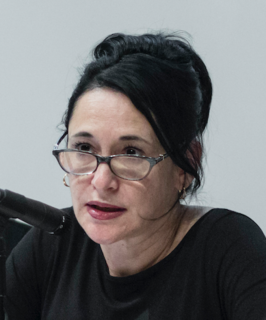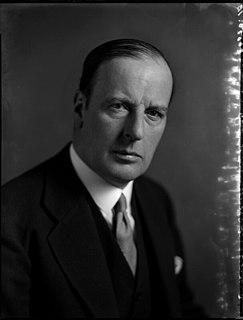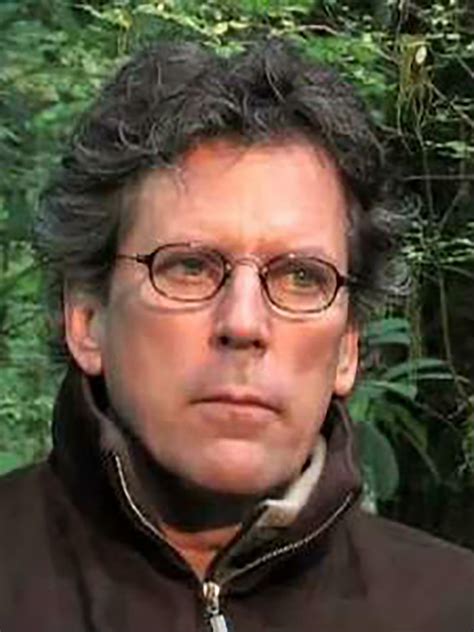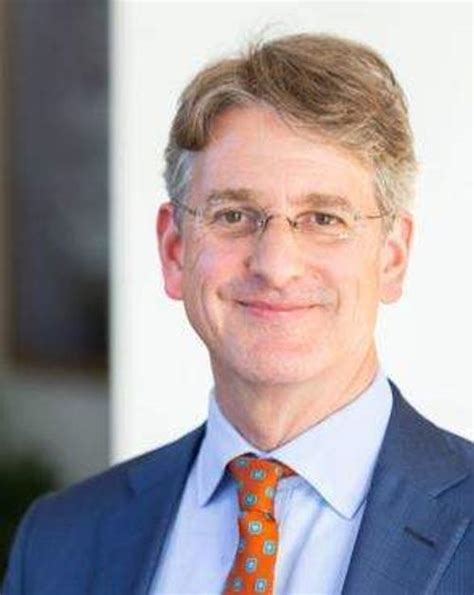A Quote by Nadia Abu El Haj
A Machine to Make a Future is an insightful and creative contribution to the literature--both scholarly and journalistic--on contemporary genomics. By 'experimenting' with narrative genre, the authors hope to generate different insights into the world of genomics and biotechnology than ones generally presented in existing accounts. They succeed at that goal, providing an account that is ethnographically rich and analytically open to a world whose structure, implications, and outcomes are very much in the making.
Quote Topics
Account
Accounts
Authors
Biotechnology
Both
Contemporary
Contribution
Creative
Different
Existing
Experimenting
Future
Generally
Generate
Genomics
Genre
Goal
Hope
Implications
Insightful
Insights
Journalistic
Literature
Machine
Make
Making
Much
Narrative
Open
Outcomes
Presented
Providing
Rich
Scholarly
Structure
Succeed
Than
Very
Whose
World
Related Quotes
Now, as the world's scientists focus with increasing intensity on transforming the genetic codes of every living creature into information that can be used to treat and ultimately prevent disease, Shenzhen is home to a different kind of factory: B.G.I., formerly called Beijing Genomics Institute, the world's largest genetic-research center.
A masterly analysis of how political interests, economic circumstances, development strategies, and local history have shaped what are surprisingly different versions of the welfare state across the developing world. The authors combine fine-grained country analyses with intelligent use of data, and explain and extend the theory and literature on the modern welfare state. The book is both scholarly and readable.
You know, and I know, the cause of this accident. It is due to the adventurous, pioneering spirit of our race. It has been like in the past, it is like that in the present, and I hope it will be in the future. Here is a great imaginative project, to build a machine with twice the speed and twice the height of any existing machine in the world. We all went into it with our eyes wide open. We were conscious of the dangers that were lurking in the unknown. We did not know what fate was going to hold out for us in the future.
As a lifelong student of the world’s wisdom literature, it is my duty to inform students that “ridding the world of evil” is a goal very different from any recommended by Jesus, Buddha, or Muhammad, though not so different from some recommended by the Josephs Stalin and McCarthy and by Mao Tse Tung.
We're at an interesting phase of Asian and Asian-American writing, where we might succeed in having readers look at us as creative individuals who write with fury and fire about the world, and in new ways, without having them say things like "I read a really good Indian book," or "That Malaysian fellow writes very well." So I hope by identifying as Indian I can get people who don't usually read "ethnic" or "Indian" literature to read that literature and enjoy it.


































